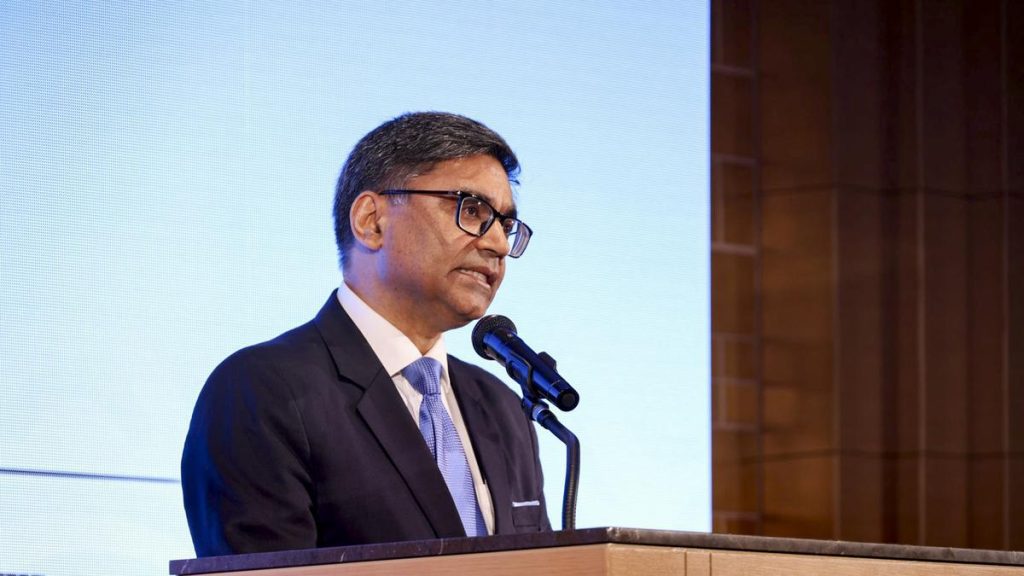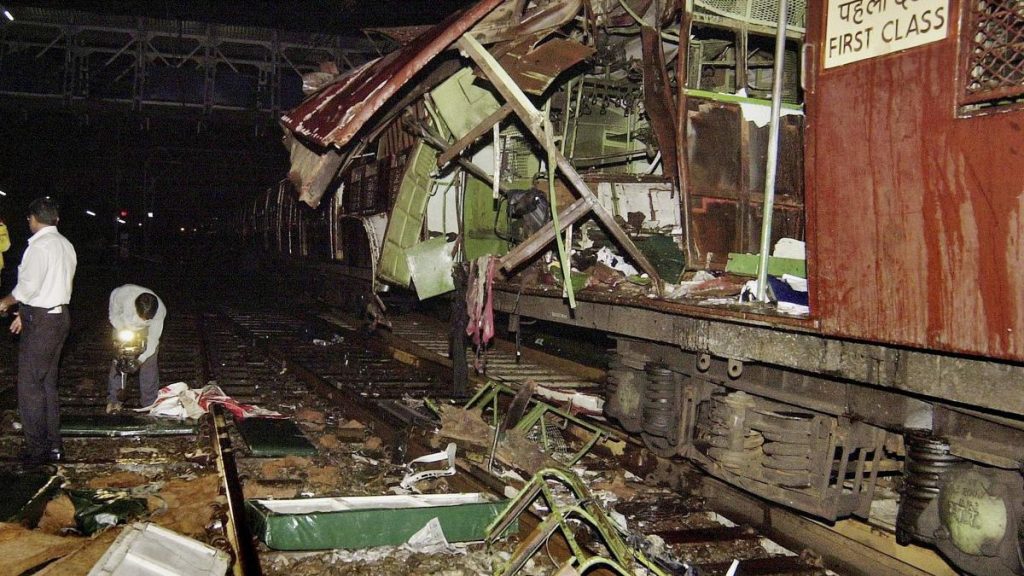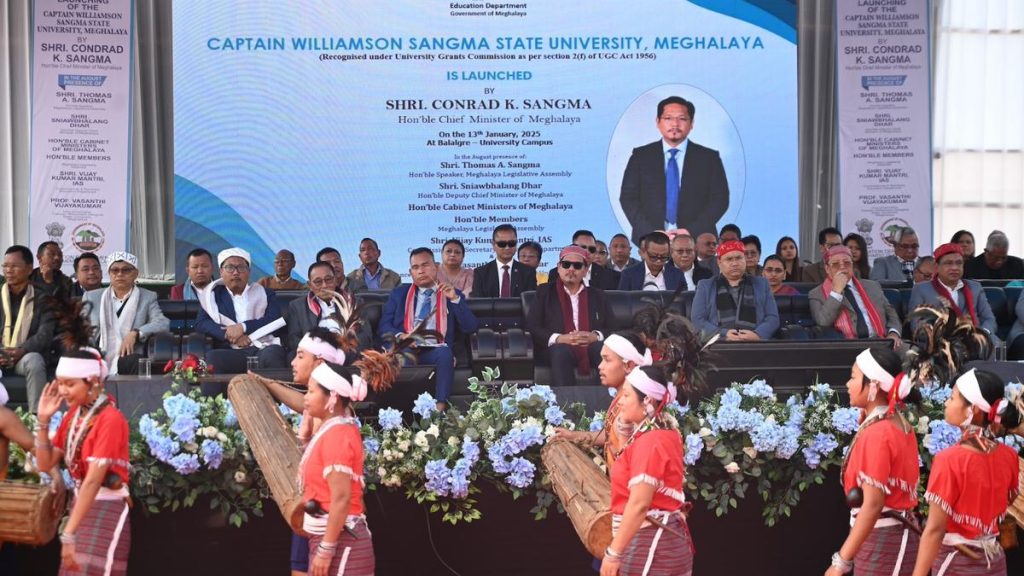Now Reading: STP Projects to Curb Vembanad Lake Pollution Face Delays
-
01
STP Projects to Curb Vembanad Lake Pollution Face Delays
STP Projects to Curb Vembanad Lake Pollution Face Delays

Speedy Summary
- Project Delays: Implementation of sewage treatment plants (STPs) aimed at halting untreated wastewater discharge into Vembanad Lake in Ernakulam is facing significant hurdles.
- State Goverment Initiatives: Five community-level projects, including four STPs and one faecal sludge treatment plant, are part of rejuvenation efforts for pollution-hit Vembanad Lake.
- Key Developments:
– Elamkulam STP (5 MLD): Work halted due to choking; progress delayed by rain. Expected completion: October 31, 2025.
– Ambedkar Colony STP: Initial deadline missed; only 62% progress made. Revised completion target: December 31, 2025.
– Second Elamkulam STP and network: Awaiting technical sanction. Completion projected by December 31, 2026.
– Fort Kochi Housing Project STP (105 KLD): Only achieved a physical progress of about 7%; work paused for fire-fighting tank construction. Revised deadline: November 30, 2025.
- Faecal Sludge Treatment Plant: Design for the Brahmapuram facility (1 MLD capacity) is being vetted by Cochin University of Science and Technology prior to sanction.
For more details about challenges faced and project updates on environmental rehabilitation efforts in Kerala:
Read More
Indian Opinion Analysis
The delays in implementing sewage treatment solutions underline a pressing concern over water pollution impacting ecosystems like Vembanad Lake-a recognized Ramsar site critical to both biodiversity and local livelihoods. While these community-level projects suggest government’s commitment toward lasting management practices, unresolved technical issues and climatic interference reveal systemic challenges in infrastructure execution.
The involvement of academic expertise (e.g., cochin University reviewing designs) is an encouraging step toward ensuring long-term operational effectiveness but also highlights the need for faster decision-making processes from relevant bodies like urban local authorities. As untreated pollution continues during delays or stalled operations, the ecological state of interconnected water systems faces potential degradation.
Addressing inefficiencies tied to bureaucratic approvals or weather adaptation strategies coudl benefit ongoing infrastructure planning across India were similar water bodies face threats. Effective implementation will not only improve public health outcomes but further India’s alignment with global sustainable development goals related to clean water management.






















